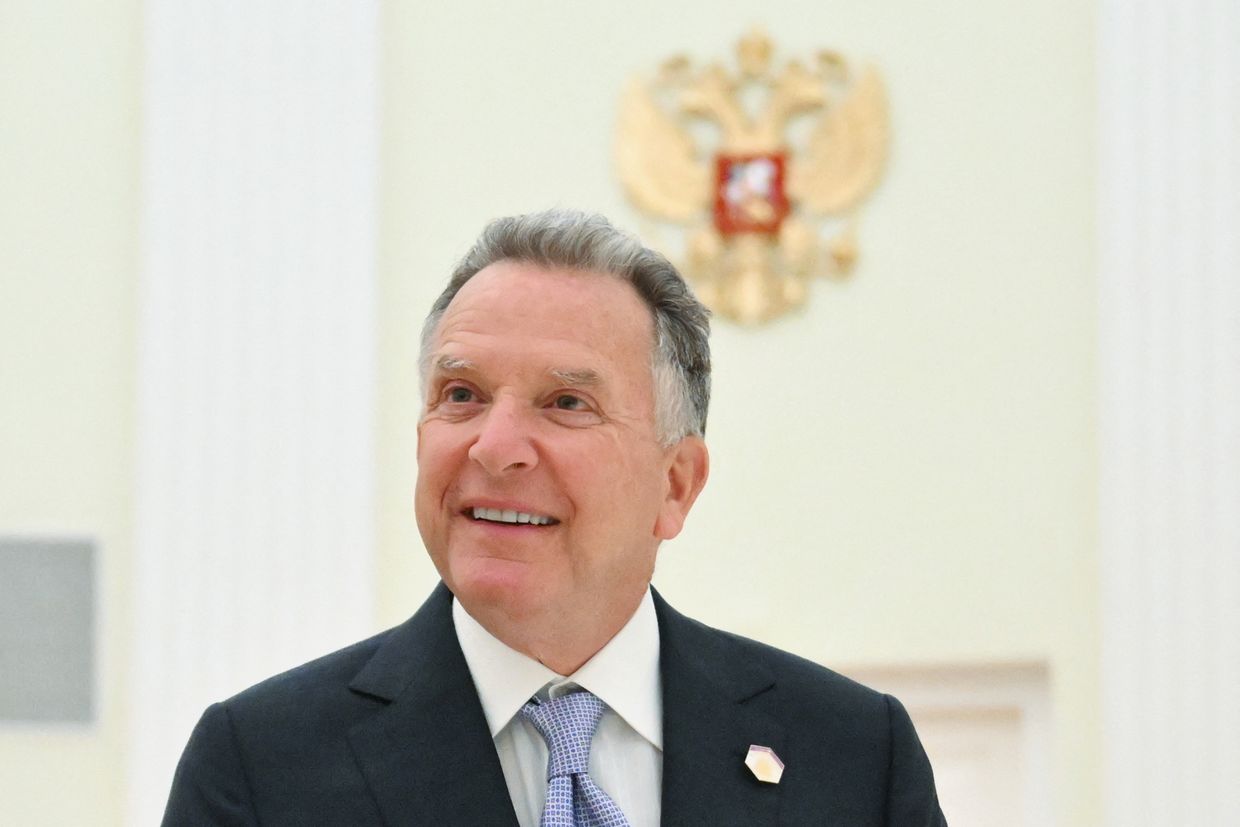Media investigation examines how 'neutral' Russian Red Cross supports Kremlin's war effort

The Russian Red Cross, which is supposed to operate as a "neutral" organization, has increasingly become a tool in Russia's war against Ukraine, an investigation published on Nov. 25 by Follow the Media and partner organizations revealed.
The investigation, which Follow the Media conducted with Germany's Paper Trail Media, Austria's Der Standard, the Estonian outlet Delfi, Sweden's Expressen, and independent Russian media outlet Meduza, details how the RRC's development strategy through 2028 outlines an allegiance with Russia's Movement of the First, a "patriotic" youth organization.
In mid-November, the RRC and the Movement of the First co-organized a first aid competition for children from across Russia and the occupied Ukrainian territories.
Regional branches of the RRC also participated in organizing Zarnitsa 2.0, a nationwide military competition, according to the investigation's findings.
The RRC gets "a significant chunk" of its funding from Moscow, the media reported. The organization also continues to receive funding from the International Federation of Red Cross (IFRC), of which it is a member, and the International Committee of the Red Cross (ICRC).
In 2024, the RRC received 6.5 million euros ($7.5 million) from the ICRC and 7 million euros ($8.1 million) from the IFRC, which amounts to a quarter of its total annual budget, according to the investigation.
Both the ICRC and IFRC are partially funded by the European Commission, as well as international organizations and national societies, which rely on taxpayer money, government contributions, and public and private donors.
The European Commission informed Follow the Money that of the more than 170 million euros ($197 million) it provided to the IFRC in 2024 and 2025, as well as the roughly 288 million euros ($334 million) given to the ICRC during that period, none went to the RRC.
Neither the ICRC, the IFRC, nor the Russian Red Cross responded to Follow the Money's questions about how much EU or member-state funding reached the RRC.
Belgium, Czechia, Austria, Slovenia, and Denmark confirmed with Follow the Money that none of their contributions went to the RRC. Slovakia, Poland, Sweden, Finland, and Estonia replied but did not clarify, according to the investigation, and the remaining countries did not respond.












